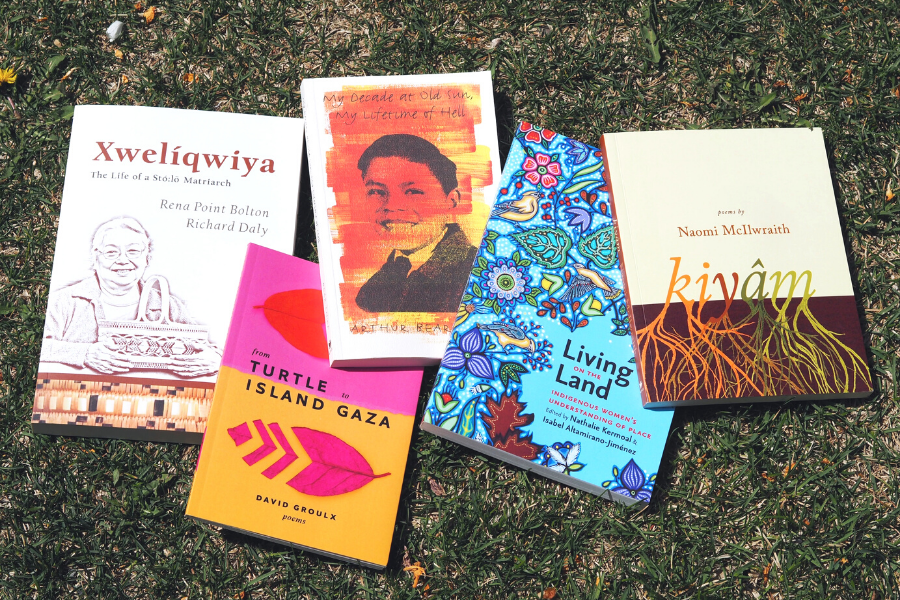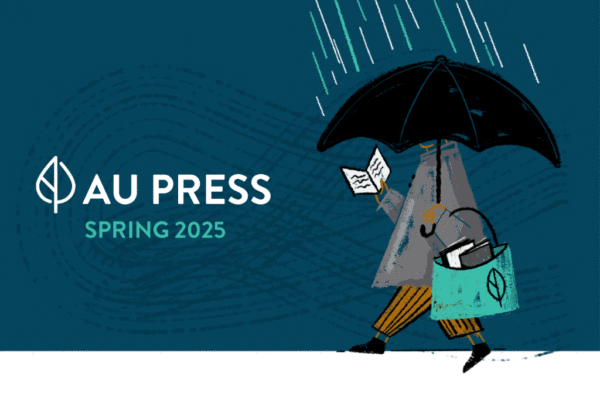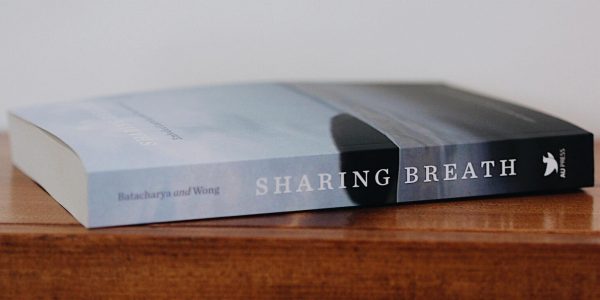June is Indigenous History Month, a time to celebrate Indigenous peoples and acknowledge their experiences, stories, and culture. In recognition of this time of reflection, we’ve selected excerpts on love from a few of our favourite books by Indigenous authors. Love is one of the Seven Sacred Teachings, a set of principles adopted by many First Nation, Inuit, and Métis communities that describe how to live respectfully and move towards the restoration of cultural values, beliefs, and practices.
Knowledge Keeper Rocky Morin of Enoch Cree Nation shares the Seven Sacred Teachings in the video above and shares that “love is the most powerful medicine that we were gifted.”
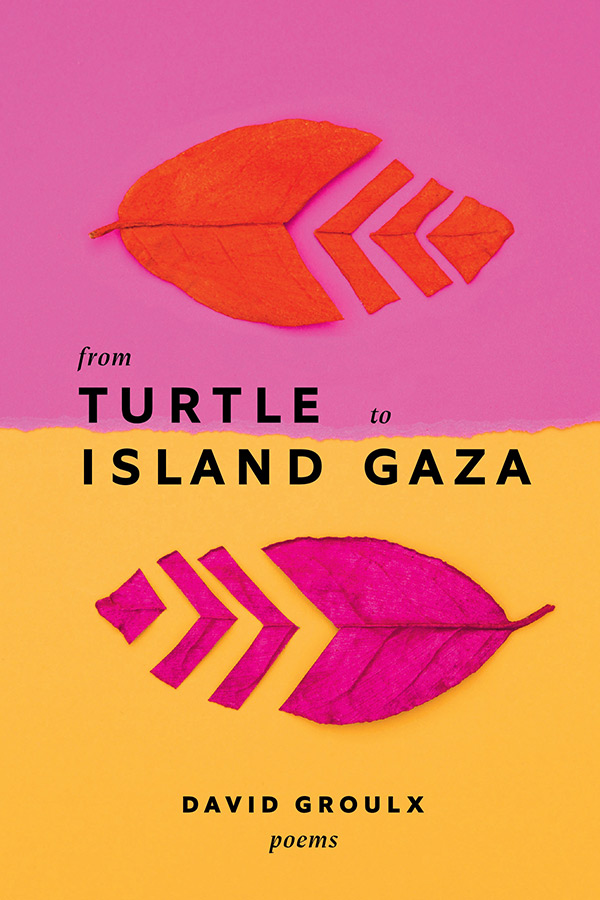
From From Turtle Island to Gaza by David Groulx
When we speak of freedom
we must also speak of our freedom
to be kind
to be just
and to be in love
when we speak of freedom
this is what we
must speak of
From “ê-wîtisânîhitoyâhk asici pîkiskwêwin ~ Language Family” in kiyâm by Naomi McIlwraith
I learned a Cree word.
I quite like it.
kôhkomipaninawak — cucumbers.
All these little roots: they sprout, they spread,
they grow.
Language and land, logic and love, lineage and lyricism.
If you pick the cucumbers, of course,
they will spread all over the place.
êkwa kâ-nîmihitocik mistahi katawasisiwak.
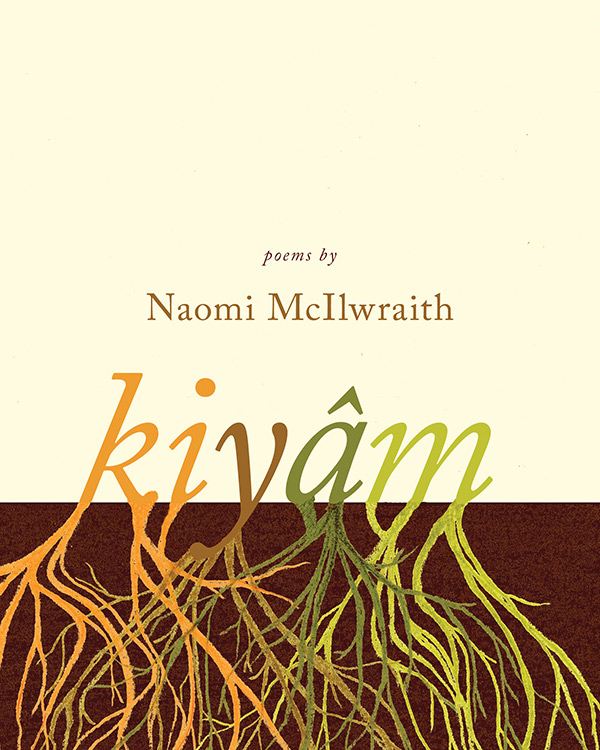
![[book cover] Living on the Land](https://www.aupress.ca/app/uploads/120256_Living-on-the-Land-cover.jpg)
From the chapter, “Community-Based Research and Métis Women’s Knowledge in Northwestern Saskatchewan” by Kathy L. Hodgson-Smith and Nathalie Kermoal in Living on the Land: Indigenous Women’s Understanding of Place
“The elders teach the young people as an act of love for them as individuals, for their families and for the community. Teaching is an expression of love for the Métis way of life and the land. The elders always say: “our land is our life.” The young people are taught the skills that underlie the relationship they have with the land. The sharing of meat and hides, the collaboration in caring for the children, are all part of the healthy Métis community. Everyone has a role to play in the well-being of others. These aspects of life are part of the pride and the sense of belonging, being in control of one’s life”
From My Decade at Old Sun, My Lifetime of Hell by Arthur Bear Chief
There were times when I would go out to the field by myself and sit there calling for my mother. There, all by myself with no one to hold me or cuddle me, I sat and cried until all my tears dried up. Only then would I return to the play area. We were shown no love or affection by anyone, period. Never a touch to indicate that everything was going to be all right. The ultimate betrayal was that we could not turn to our parents. This is what hurts the most. Every one of us had parents, but they were denied their right to be our parents.
Sometimes when I was upstairs in our dorm, I’d look out the windows towards my home at the Four Houses, where I could see my mother out in the yard. I secretly cried and wished she could be beside me to stroke me on the head and face and tell me, “Mother loves you.” Why was this denied to me? I did not understand why I was deprived of family, home, and all the love I knew before.
![[book cover] My Decade at Old Sun My Lifetime of Hell](https://www.aupress.ca/app/uploads/120260_My-Decade-at-Old-Sun-My-Lifetime-of-Hell-cover.jpg)
![[book cover] Xwelíqwiya](https://www.aupress.ca/app/uploads/120230_Xweliqwiya-cover.jpg)
From the poem “Alone” in Xwelíqwiya: The Life of a Stó:lō Matriarch by Rena Point Bolton and Richard Daly
I struggled alone through the rest of my life,
As mother and father but never as “wife.”
Ten children I bore to add to our home,
Love flourished and grew in my heart of stone.
Give your love to the world and you’re never alone
